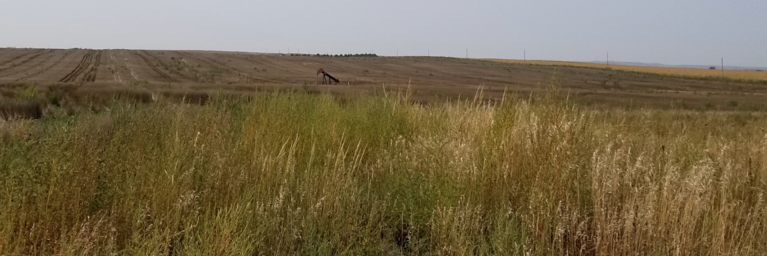Programs
ECMC regulates the development and production of oil and gas, deep geothermal resources, the capture and sequestration of carbon, and the underground storage of natural gas in a manner that protects public health, safety, welfare, the environment and wildlife resources.
Not finding the regulatory agency or program or industry you're looking for?
Government regulation of industry involves imposing rules and laws to ensure public safety, fairness, and environmental protection, among other goals. These regulations can range from industry-wide mandates to case-specific requirements.
Different state agencies regulate different industries. In some cases, different agencies regulate different components of the same industry! For instance, ECMC regulates oil and gas, but we don't regulate the transportation of oil and gas. That's because the regulatory agency needs to have the proper subject matter expertise over the matter. Our team of experts at ECMC coordinates regularly with colleagues across all agencies.
ECMC is a division within the Colorado Department of Natural Resources. Below are agencies that may pertain to what you're looking for. Please contact our ECMC team of Community Liaisons if you need more help.
The Colorado Department of Public Health and Environment serves Coloradans by providing public health and environmental protection services that promote healthy people in healthy places. Public health professionals and environmental protection specialists use evidence-based practices in the public health and environmental fields to create the conditions in which residents can be healthy. In addition to maintaining and enhancing our core programs, the department continues to identify and respond to emerging issues affecting Colorado's public and environmental health.
The AQCC develops air pollution control policy, regulates pollution sources and conducts hearings involving violations of the state's air pollution laws. The nine-member citizen board is appointed for three-year terms by the governor with the consent of the Senate.
Some communities in Colorado have more than their fair share of environmental exposure, which can result in higher levels of environmental health harm. The disproportionately impacted community definition created by the state legislature in 2021 identifies areas in Colorado that may experience higher environmental and health burdens, like pollution and climate change. In 2023, the state updated the definition of a disproportionately impacted community based on recommendations from the Environmental Justice Action Task Force in Section 24-4-109 of the Colorado Revised Statutes.
The Toxicology and Environmental Epidemiology Office (TEEO) is housed within the Division of Environmental Health and Sustainability at CDPHE. The office offers services to help Coloradans understand what chemicals are found in their environment and how they could impact personal and community health.
The Water and Wastewater Facility Operators Certification Board certifies operators of water and wastewater treatment plants, water distribution systems and wastewater collection systems.
The Water Quality Control Commission develops water quality policies and regulations for surface water and groundwater.
The Division of Water Resources, also known as the Office of the State Engineer, administers water rights, issues water well permits, represents Colorado in interstate water compact proceedings, monitors streamflow and water use, approves construction and repair of dams and performs dam safety inspections, issues licenses for well drillers and assures the safe and proper construction of water wells, and maintains numerous databases of Colorado water information.
